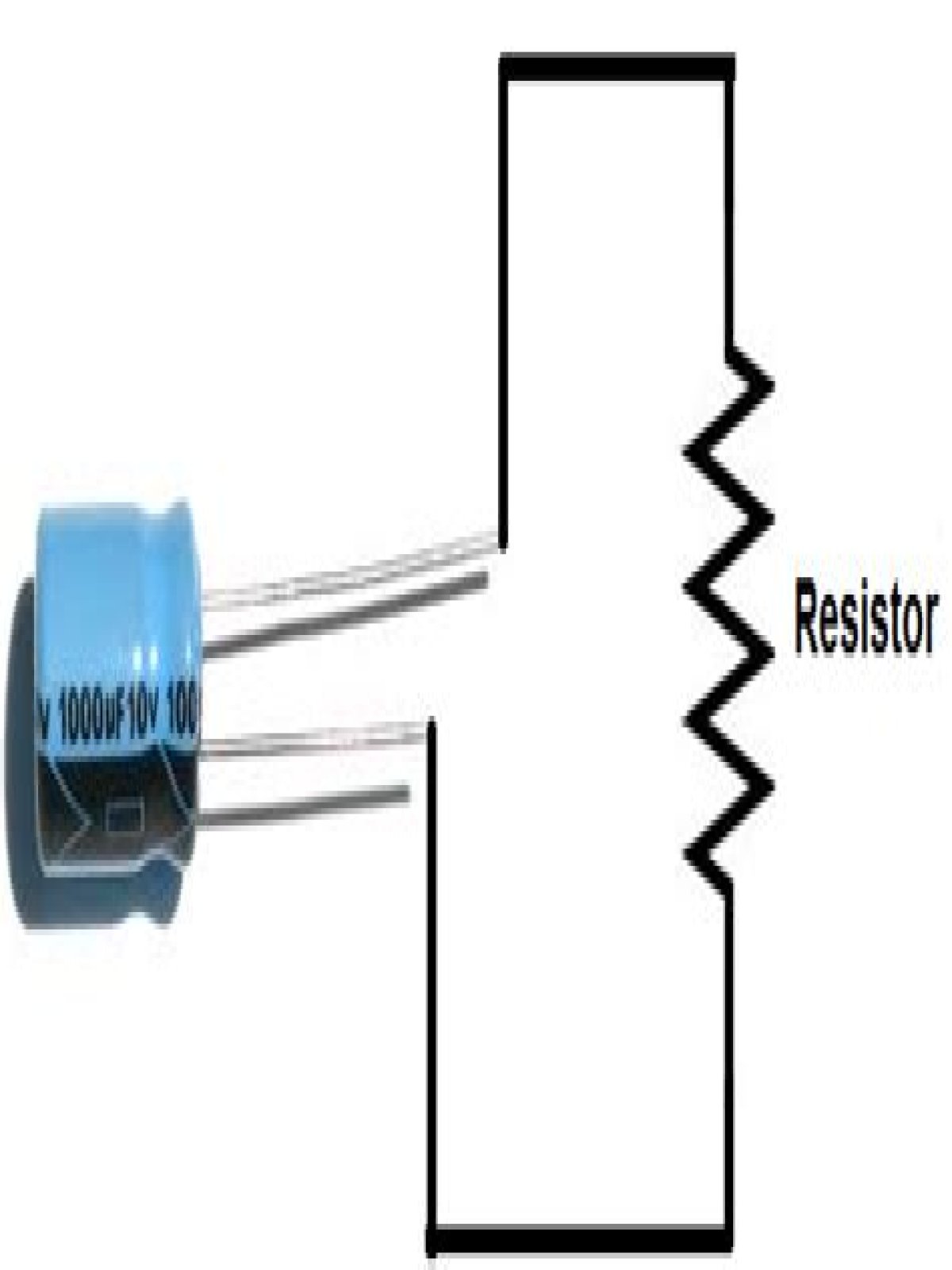Table of Contents
- Why do you need to discharge a capacitor?
- How does discharging a capacitor work?
- What happens after a capacitor is discharged?
- How long does it take for a capacitor to discharge?
- How to discharge capacitor - Electronics Tutorial For Beginners
- What is meant by charging and discharging of capacitor?
- How often does a capacitor discharge?
- Can capacitor charge while discharging?
- What is the fastest way to discharge a capacitor?
- How do you discharge a capacitor on a power supply?
- Why do you need to discharge a capacitor before testing?
- What happens to voltage when capacitor discharges?
- Does a capacitor discharge AC or DC?
- Where does the capacitor discharge go to?
- Which way does a capacitor discharge?
- Can a capacitor shock you?
- What happens when capacitor is fully charged?
- What do you mean by charging and discharging?
- How a capacitor can be charged and discharged in a circuit?
- Does a capacitor lose its charge once it is disconnected from the power source?
- How long can capacitors hold a charge?
- How do you make sure capacitor is fully discharged?
- Can you discharge a capacitor to ground?
Why do you need to discharge a capacitor?
When a capacitor is disconnected, the voltage (and current) it carries is maintained across the previously connected terminals, which can be dangerous. This is why it's very important to discharge a capacitor before you disconnect it to remove all charges and corresponding voltage.How does discharging a capacitor work?
Discharging will begin once a circuit is connected between the terminals of the capacitor. During discharge electrons on the negative plate will be forced off of the plate by the repulsion of the other electrons on the plate. The positively charged plate will attract electrons from the circuit toward itself.What happens after a capacitor is discharged?
the discharging current decreases from an initial value of to zero. the potential difference across the capacitor plates decreases from to zero, when the capacitor is fully discharged. the potential difference across the capacitor is always equal to the potential difference across the resistor.How long does it take for a capacitor to discharge?
A fully charged capacitor discharges to 63% of its voltage after one time period. After 5 time periods, a capacitor discharges up to near 0% of all the voltage that it once had. Therefore, it is safe to say that the time it takes for a capacitor to discharge is 5 time constants.How to discharge capacitor - Electronics Tutorial For Beginners
What is meant by charging and discharging of capacitor?
A capacitor can be slowly charged to the necessary voltage and then discharged quickly to provide the energy needed. It is even possible to charge several capacitors to a certain voltage and then discharge them in such a way as to get more voltage (but not more energy) out of the system than was put in.How often does a capacitor discharge?
A charged capacitor is always trying to discharge itself and will do so whenever the circuit it is part of permits current to flow between its two plates. An analogy would be a stretched rubber band. It will spring back to its relaxed state whenever it is released from whatever is keeping it stretched.Can capacitor charge while discharging?
Put another way, a capacitor cannot be both charging and discharging at the same time. Either, the energy stored in a capacitor is increasing, unchanging, or decreasing.What is the fastest way to discharge a capacitor?
The quickest way to discharge a capacitor is to touch the two terminals of the capacitor together, as is shown below. Again, this is the quickest way to discharge a capacitor. However, it's only advised that you do this for capacitors storing a very low voltage.How do you discharge a capacitor on a power supply?
How to Discharge Capacitors in a Switched-Mode Power Supply
- Do not short the terminals of a filter capacitor with a screwdriver. ...
- Screw a 100-watt lightbulb into a socket with exposed leads.
- Attach one lead to each terminal of the capacitor, the bulb should illuminate.
- When the bulb turns off, the capacitor is empty.
